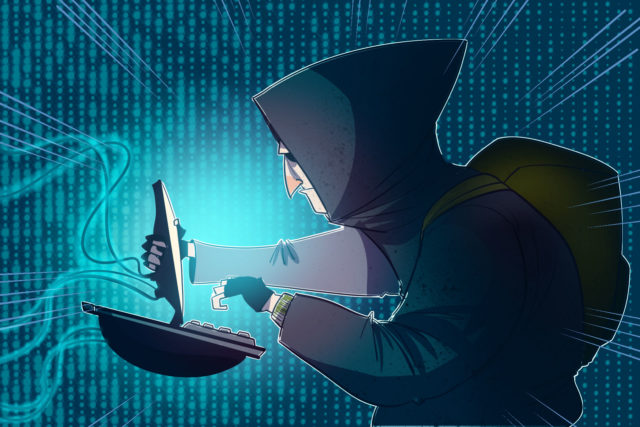On Monday, October 3, the Central Bank of Brazil was attacked by the LockBit ransomware virus. The hackers demanded a ransom of 50 BTC (over $995,000) for non-disclosure of user data.
According to local media reports, a hacker using the pseudonym Crydat contacted the Central Bank of Brazil and demanded a payment in bitcoins in the amount of 5.2 Brazilian reais (more than $995,000) by October 6th. The regulator did not comment on the hackers’ claims, but said the case was being investigated by the Federal Police’s Special Cybercrime Unit.
The Central Bank of Brazil was attacked by a ransomware virus from the hacker group LockBit, which has been operating since 2019. At the beginning of last year, almost 350 organizations around the world suffered from it. Recently, LockBit hackers hacked into the Argentine network of OSDE medical centers. Attackers managed to gain access to 140 GB of information about patients, doctors and affiliates. To keep this data private and unlock access to it, the hackers demanded $300,000 in cryptocurrency from OSDE. Most likely, OSDE did not make the payment, since the hackers made this information public.
As of 2021, Brazil has been one of the top four ransomware attack destinations, according to analytics platform SonicWall. During this year, hackers managed to steal more than $33 million in bitcoin and other cryptocurrencies. A survey conducted by cybersecurity company Kaspersky showed, that 56% of Brazilian organizations suffered from such viruses, and 80% of them did not pay the ransom. However, 78% of respondents said that in the event of a second attack, they would pay hackers to keep their data private.
In early September, the US Cyber Security Council warned of a surge in ransomware attacks most commonly targeted by educational institutions. Earlier, the Office of Foreign Assets Control of the US Department of the Treasury (OFAC) said that companies are prohibited from paying ransoms to hackers because it violates US sanctions.
Source: Bits
I am an experienced journalist, writer, and editor with a passion for finance and business news. I have been working in the journalism field for over 6 years, covering a variety of topics from finance to technology. As an author at World Stock Market, I specialize in finance business-related topics.







